A yellow sea of flowers as far as the eye could see. Arnica (Arnica Montana) is a medicinal plant that was once a common sight in many parts of Germany. In recent decades, however, populations of the plant have declined dramatically, in Hessen as well as the rest of Germany. “Urgent action is needed to prevent Arnica and its habitats, the unimproved grasslands and heathlands, from disappearing completely. In order to achieve this, research and praxis need to join forces to develop protection solutions,” said Prof. Dr. Ilona Leyer from the Department of Applied Ecology at Hochschule Geisenheim University while explaining the background of ArnikaHessen. Fertilizers and discontinuation of use play a key role in the threat to Arnica, but up to now reliable information on optimum landscape management has been rare. “ArnikaHessen directly links research into the reasons for the decline and the optimum cultivation of its habitats with practical landscape management, and makes the latest research findings available to the public in the form of a “best practice guide”, explained the project’s coordinator Dr. Andreas Titze. In addition, intensive public relations work and environmental education both receive high priority, raising awareness of the value of Arnica, its habitats and biological diversity.
“This commendable project is sending an important message about commitment to biological diversity in Germany. We were very impressed by the efforts of the project team,” said the judges of the UN-Decade Competition. As well as a certificate and an award plaque, ArnikaHessen has also been presented with a so-called “diversity tree” as a symbol of the great diversity and unique beauty of nature. It is the preservation of the natural world to which the project is making such a valuable contribution. From now on details of the project are available on the German UN-Decade website at www.undekade-biologischevielfalt.de.
ArnikaHessen is being funded with 1.5 million Euros for the duration of the project, which runs from 2014 to 2020, within the framework of the joint funding initiative of the Federal Environment Ministry (BMUB) and the Federal Research Ministry (BMBF) entitled “Research for the Implementation of the National Biodiversity Strategy” (F&U NBS) and through the BMUB’s Federal Programme on Biodiversity.
Recognition as a UN-Decade Project is awarded as part of the UN-Decade on Biodiversity, which was declared from 2011 to 2020 by the United Nations. The declared objective of the International Decade is to halt the global decline in biological diversity. Protecting natural diversity is not only about preserving the beauty of nature, it also means safeguarding the basis of survival for all of us. To achieve this, the German UN-Decade is striving to raise social awareness within Germany. Honouring exemplary projects will hopefully contribute towards this and motivate people to start playing an active role in nature conservation themselves.
ArnikaHessen Project Office
Karl-von-Frisch-Strasse 6
35032 Marburg
info@arnikahessen.de
Tel.: +49 6421-953391
For more on this project go to www.arnikahessen.de
Further information on the UN-Decade competition can be found at:
www.undekade-biologischevielfalt.de


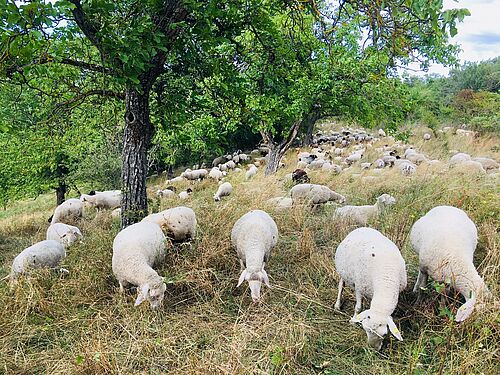


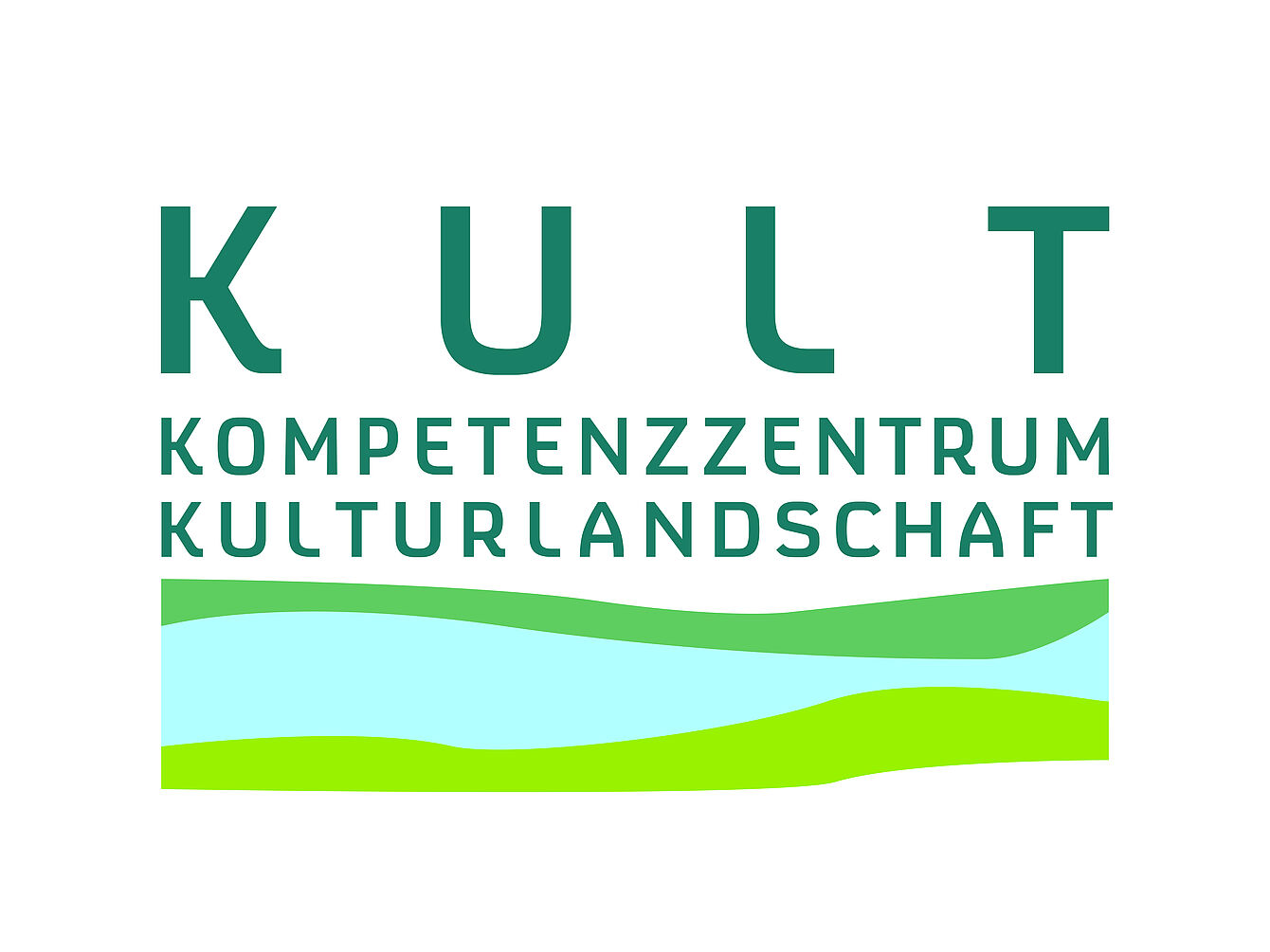
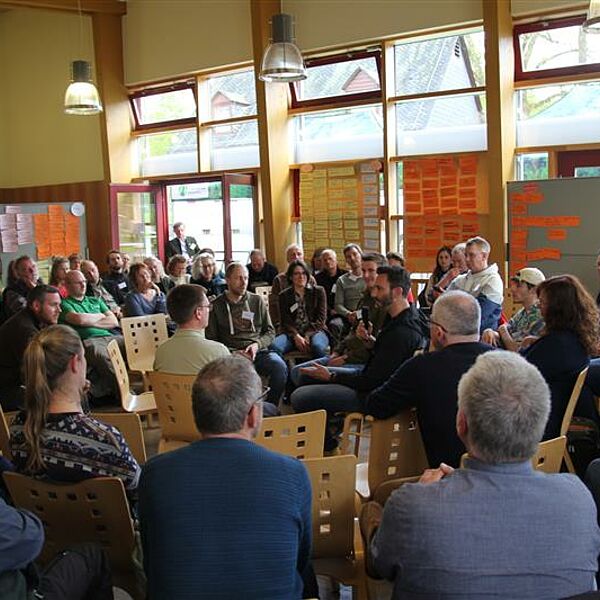

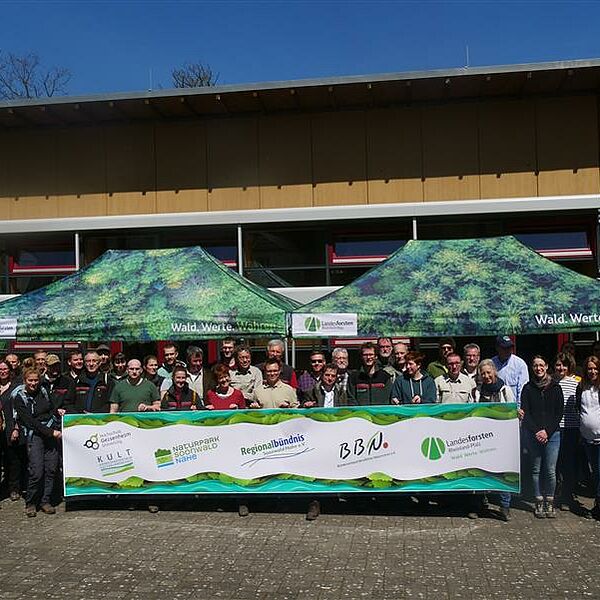
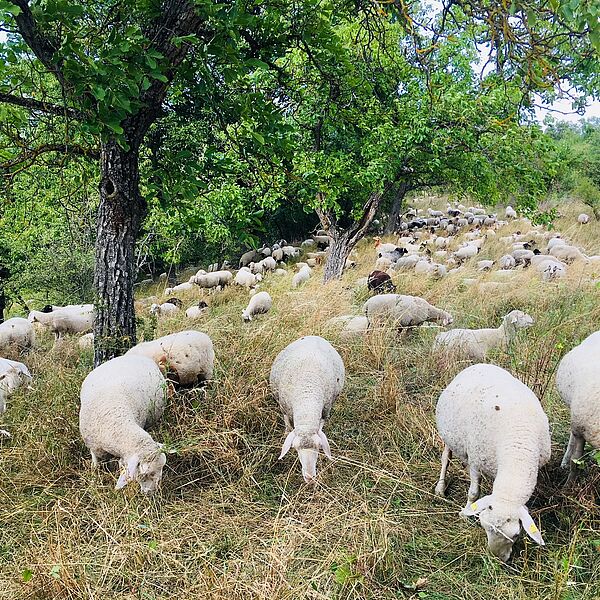

![[Translate to English:] ArnikaHessen](/fileadmin/_processed_/2/4/csm_20180316_Arnica_montana_Foto_Claudia_Hepting_b324275734.jpg)

